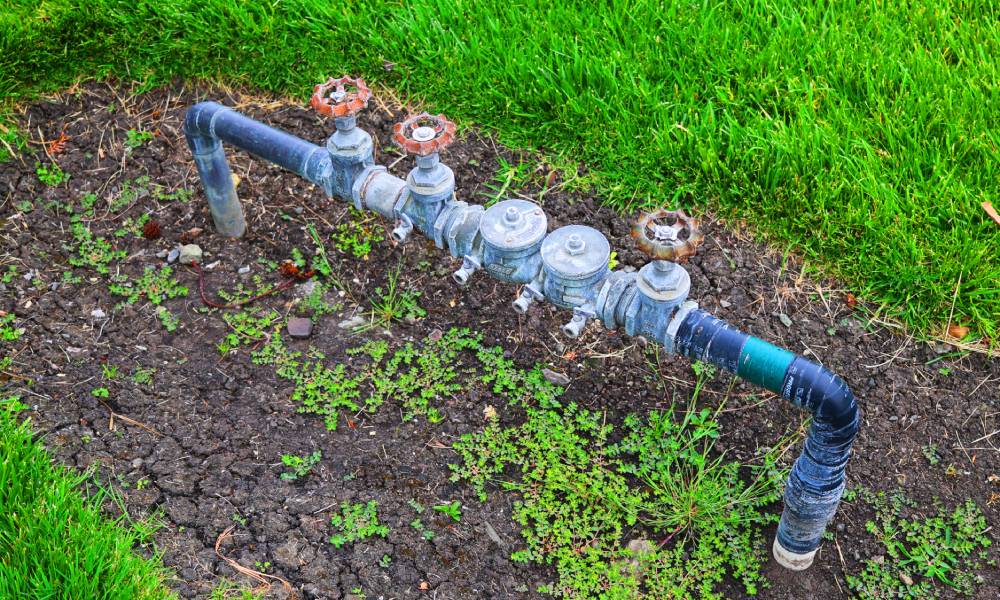-
play_arrow
KSLM Live KSLM AM & FM
-
play_arrow
Demo Radio Nr.1 For New Music And All The Hits!
-
play_arrow
Demo Radio Techno Top Music Radio
-
 play_arrow
play_arrow
03-05-2022 Micky Garus
Outdoor plumbing systems quietly play a crucial role in maintaining the functionality of homes and gardens. Whether it’s keeping your garden green, filling up the backyard pool, or serving as the backbone of your irrigation setup, these systems often go unnoticed—until something goes wrong.
Being exposed to a variety of environmental factors, outdoor plumbing is particularly vulnerable to damage from weather changes, wear-and-tear, or even simple neglect. Now, it’s time to highlight the best tips for protecting outdoor plumbing systems so you can use them ASAP.
Identify Plumbing Challenges on Your Property
Outdoor plumbing is vulnerable to a unique set of challenges that can lead to inefficiencies or costly repairs, especially when they’re not identified early. Weather damage is undoubtedly one of the most common threats, especially in regions with extreme seasonal changes. Freezing winter temperatures can cause water inside pipes to expand, leading to cracks or bursts. On the other end of the spectrum, summer heat can cause materials, particularly plastic components, to weaken or warp over time.
Luckily, you can find many materials successfully suited for outdoor conditions. For example, you can use PVC for outdoor projects that require weather-resistant solutions, so don’t assume you can’t find materials that will handle your local conditions.
Early detection can save homeowners a lot of trouble. Look out for unusual drops in water pressure, visible cracks in pipes, unexplained pooling of water, or the tell-tale increase in your water bill. Even minor issues like a dripping outdoor faucet may indicate larger, underlying problems within the system.
Conduct Seasonal Maintenance
Incorporating seasonal maintenance into your household chores ensures you can preemptively tackle potential threats before they impact your system.
Spring is the ideal time to inspect for frost damage. Begin by turning on your outdoor plumbing system and examining it for irregularities such as cracks or leaks caused by freezing water over the winter.
Summer is typically a time of heavier water use, so focus on ensuring adequate water pressure and reviewing irrigation settings to avoid overwatering or underwatering. Guards against UV exposure for certain materials, such as hose connectors, can prevent cracking.
Fall, in preparation for winter, calls for system drainage. Disconnect hoses, drain outdoor faucets to remove any trapped water, and inspect your sprinklers. Winter demands vigilance against freezing temperatures. Even with insulated pipes, checking for any unexpected frost buildup or water blockages can prevent long-term damage.
Schedule Professional Inspections
While homeowners can address many outdoor plumbing issues independently, professional inspections provide an extra layer of security. This is one of the best tips for protecting outdoor plumbing systems because experts can use specialized tools to diagnose hidden problems and suggest specific solutions tailored to your system.
Having annual inspections by licensed professionals is particularly beneficial for extensive outdoor networks like advanced irrigation systems or homes situated in areas with extreme weather variations. Beyond inspections, reliable plumbing services can also assist with swift repairs or replacements when urgent situations arise.
Taking proactive steps today can save you from unexpected expenses and frustrations tomorrow. Start giving your plumbing system the care it deserves.
Written by: kslmadmin
Similar posts
Copyright 2023 KSLM Radio



Post comments (0)